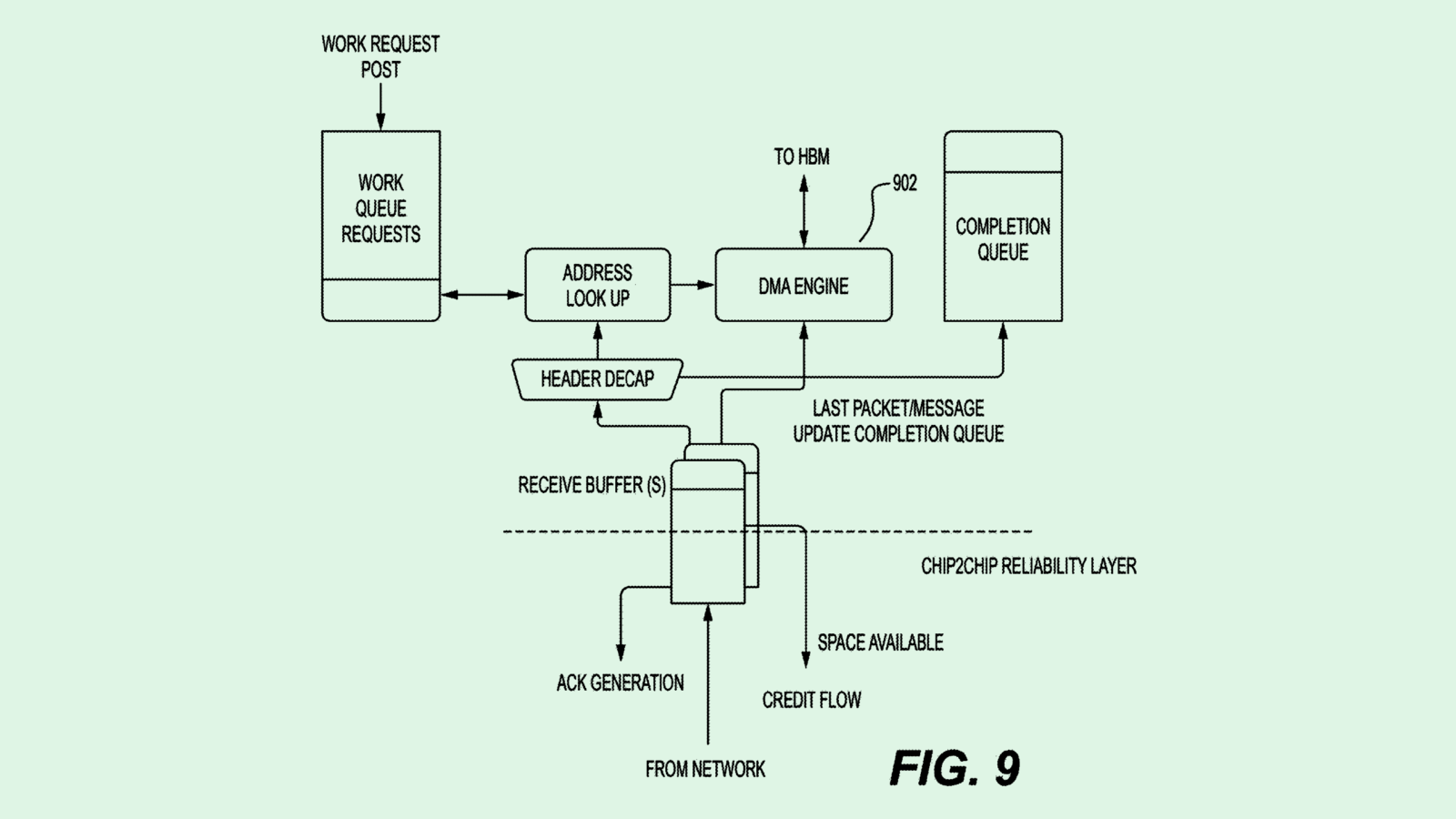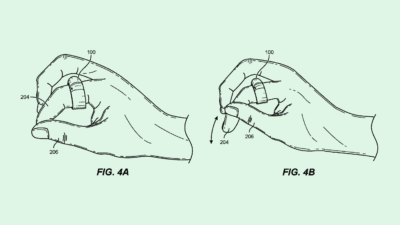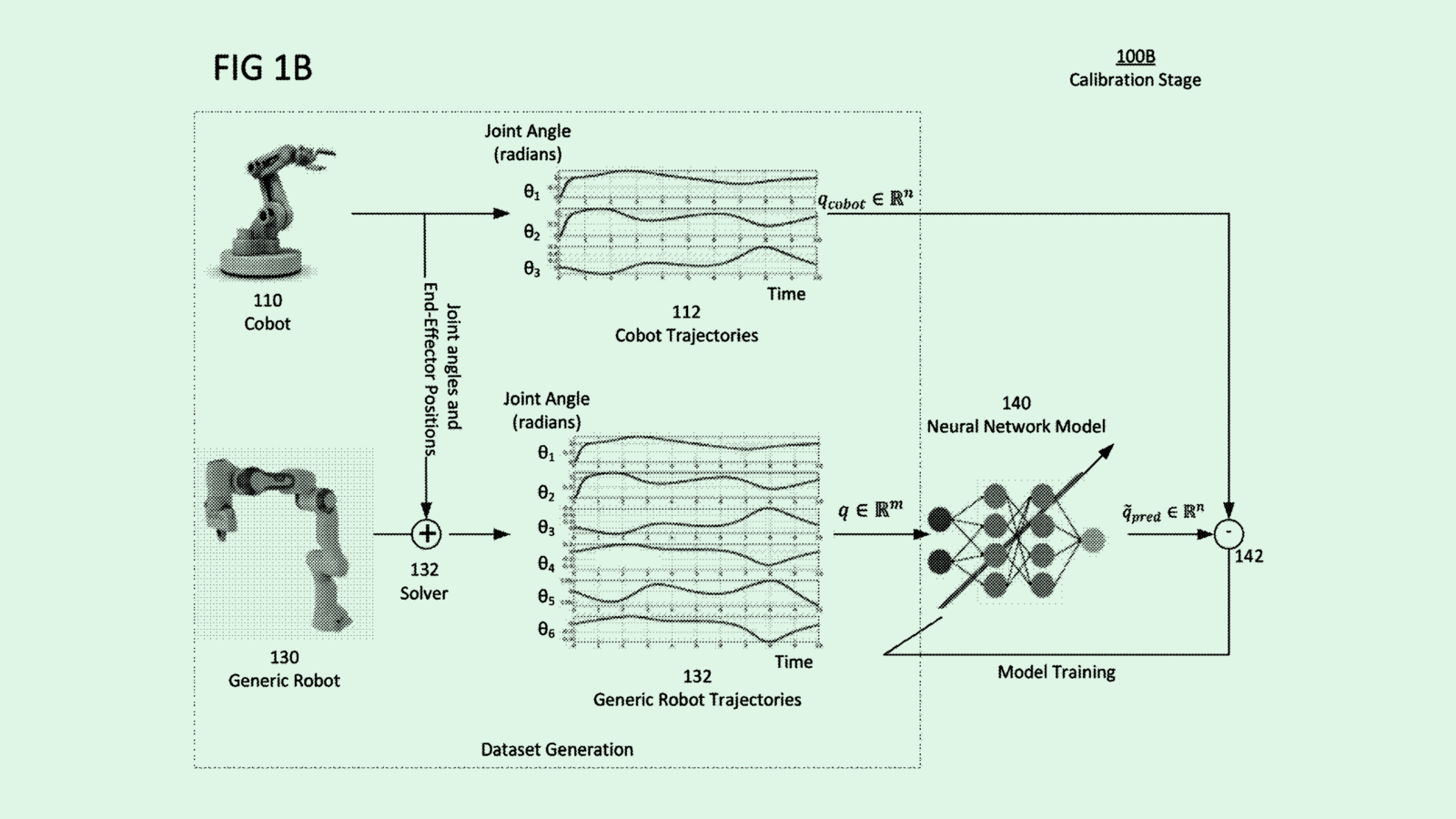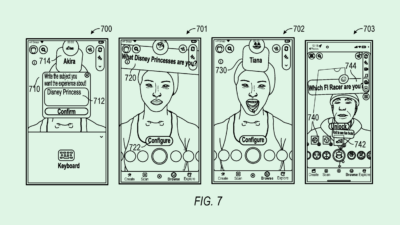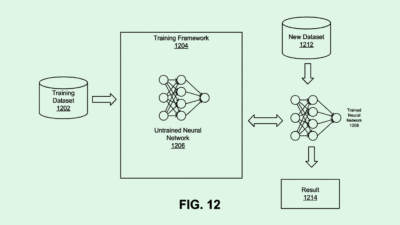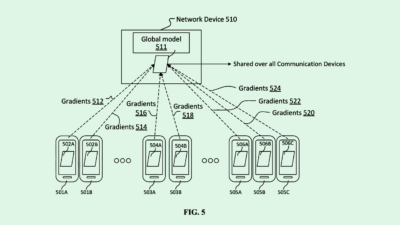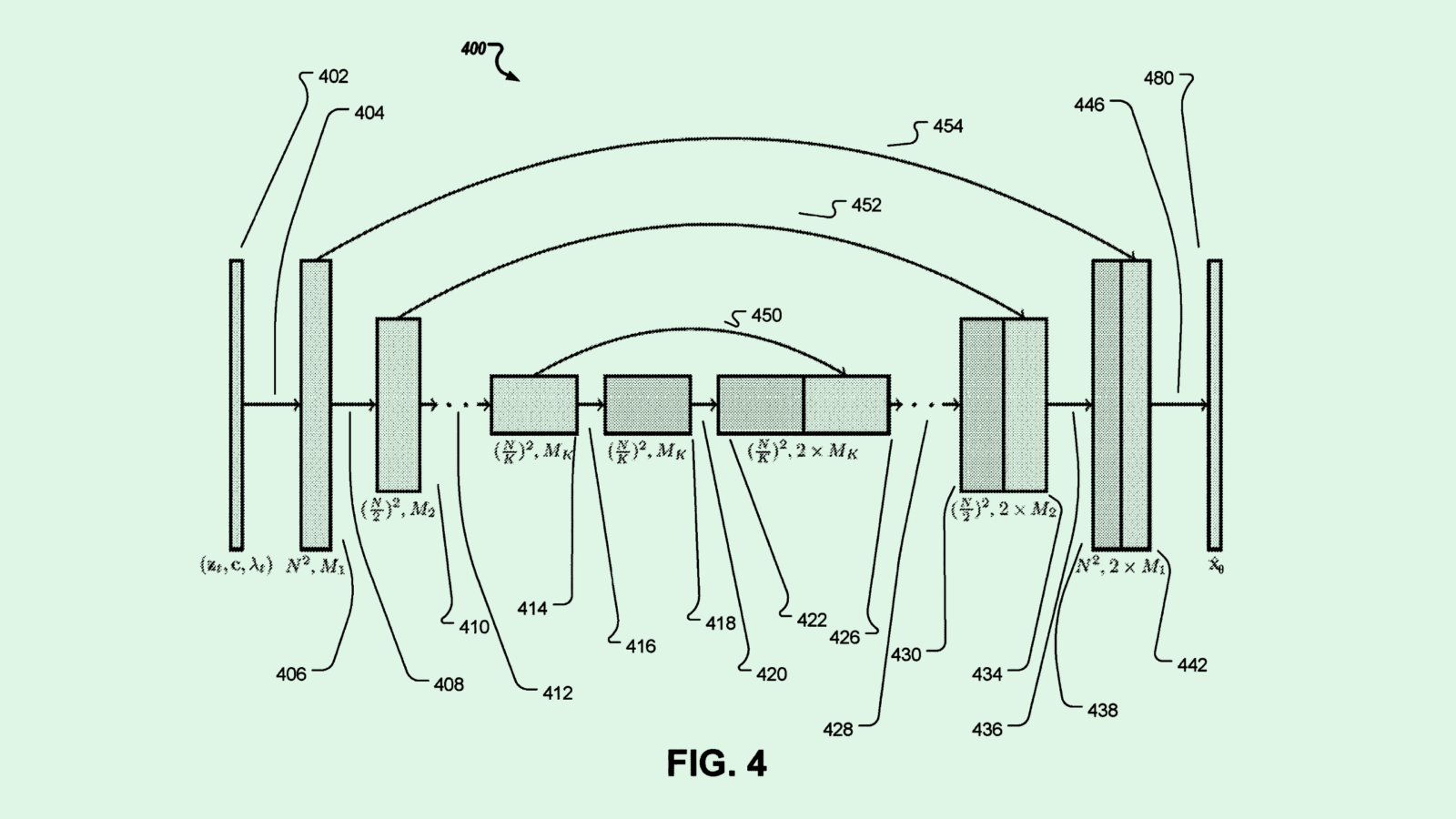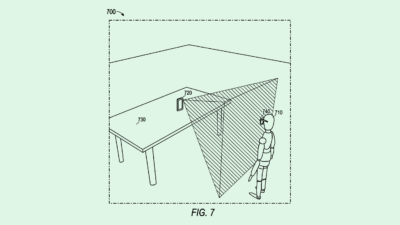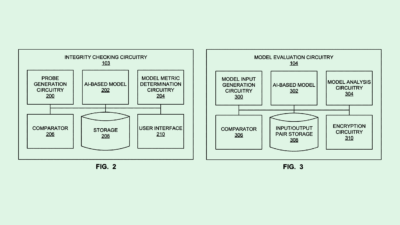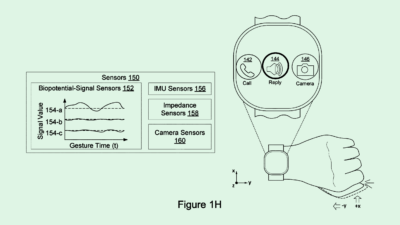Meta Runs Interference
Meta has a plan to pry teenagers’ eyes away from their phones.
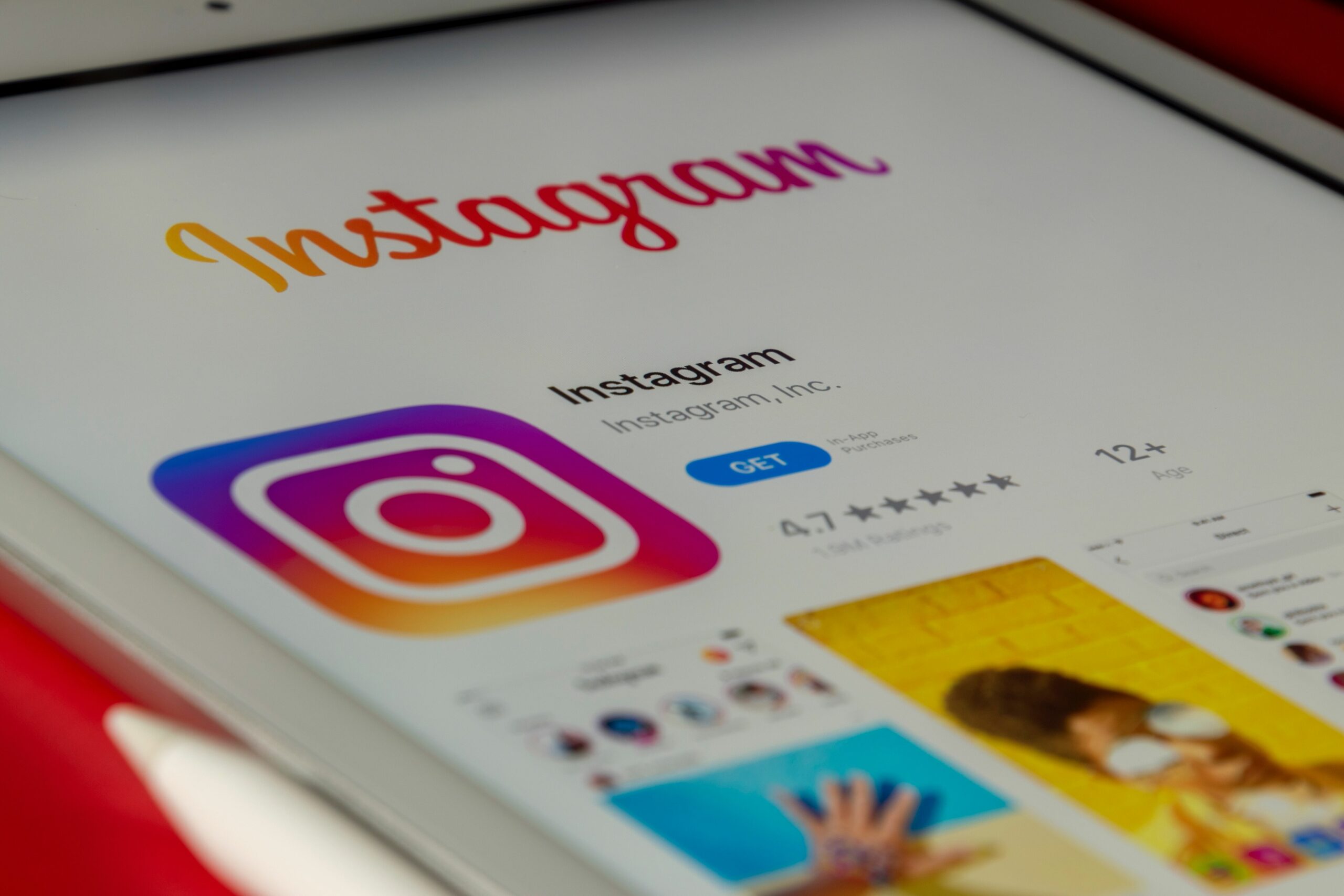
Sign up to uncover the latest in emerging technology.
Meta wants you to break away from the blue light.
The company is seeking to patent a system for “encouraging time away from social media.” The system implements what Meta calls a “social media network virtual assistant” to track in-app user activity and, essentially, nag users to get off their phone after they’ve been on it too long. Meta said if at least one “time” and “condition” are satisfied, such as it being a certain time a day, at least some part of the app will be rendered temporarily inoperable.
Meta laid out a few ways this could work. User’s can pick an option called “Choose Your Days Off,” which encourages users to take “social media free days” and suggests activities based on theirinterests, such as hiking trails for the outdoorsy user or DIY projects for crafters.
Another concept is adding an in-app “do-not-disturb” mode. This keeps track of notifications while the user is communing with nature and creates a “digest for a user to catch up on” when they get back. If a user can’t break away from Instagram entirely, users can also “tune an algorithm” to limit certain content during certain hours, which Meta calls “‘need-to-know’ content and ‘want-to-know’ content.” Then, they can get a digest of that content when those hours are up.
These digests, Meta noted, could come in the form of voice or text summary, as well as potentially presenting this summary in AR headsets. (Because of course. This is Meta we’re talking about.)
Meta claims this tech aims to solve the issue of the endless, dead-eyed scroll by making it’s solution rooted in the social media platform itself, and “facilitating technology engagement with a more present and embodied social life”
“In contemporary times, humans tend to engage with online resources including socialization via handheld mobile devices, which often results in isolated behavior with users staring at their screens and scrolling,” Meta said in its filing.

Meta’s no stranger to allegations that it creates addictive platforms. The company notoriously came under fire in October 2021 after whistleblower Francis Haugen disclosed thousands of documents revealing that, despite knowing about the harmful effects of its platforms, the company chose boosting profits over user safety.
Since then, the company has been slapped with a number of lawsuits alleging its platforms are harmful. In June 2022, the company was hit with eight lawsuits in different states alleging the company “exploits young people for profit” and intentionally employed “addictive psychological tactics” to boost user engagement. Since the start of 2023, school districts in California, Washington, Florida and Arizona have filed lawsuits against the company, alleging its platforms are contributing to a youth mental health crisis.
State and federal officials have also raised concerns of social media’s impact. In California, Meta’s home state, a sweeping bill is making its way through the legislature which aims to hold social media companies accountable for “addicting young users to their platforms.” And last week, U.S. Surgeon General Dr. Vivek Murthy released an advisory warning that the U.S. is “in the middle of a national youth mental health crisis, and I am concerned that social media is an important driver of that crisis — one that we must urgently address.”
The most recent iteration of this patent is relatively recent, filed at the end of October. Amid the uproar, this tech could be a part of the company’s plan to atone. That said, the system still requires in-app engagement. Basically, Meta’s argument is that this tech avoids the need for the cold-turkey method for quitting social media, relying on the app itself to help users cut down on social media use.
But even if user’s aren’t mindlessly staring at videos of cats or DIY life hacks or influencer travel blogs all day long, the tech presents a unique opportunity for Meta: The company can say it’s putting an effort to limit social media addiction, but at the end of the day, engagement is still engagement.
Have any comments, tips or suggestions? Drop us a line! Email at admin@patentdrop.xyz or shoot us a DM on Twitter @patentdrop. If you want to get Patent Drop in your inbox, click here to subscribe.
